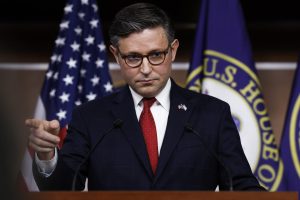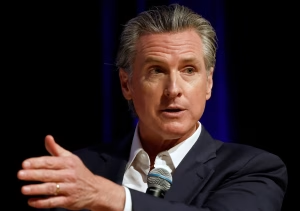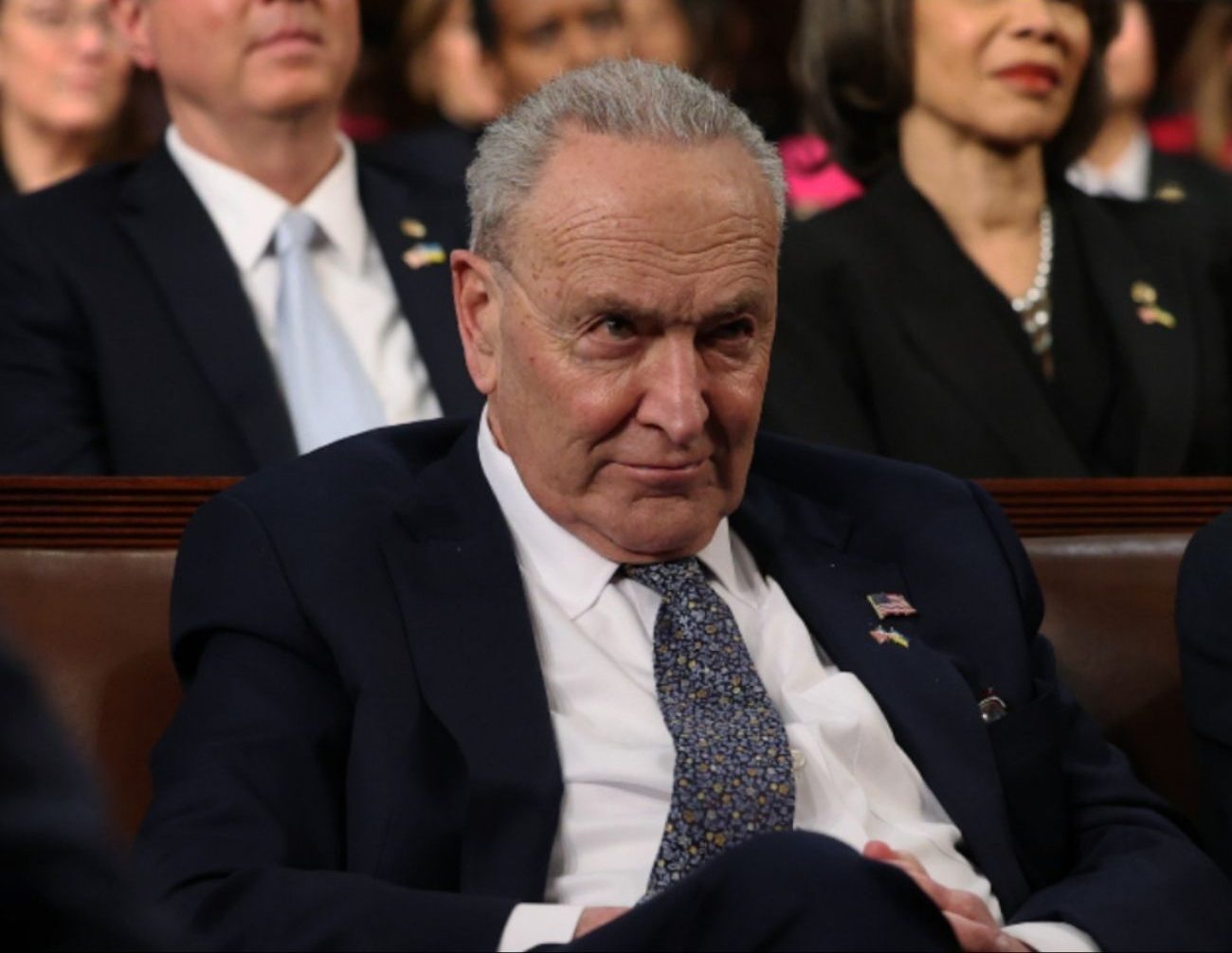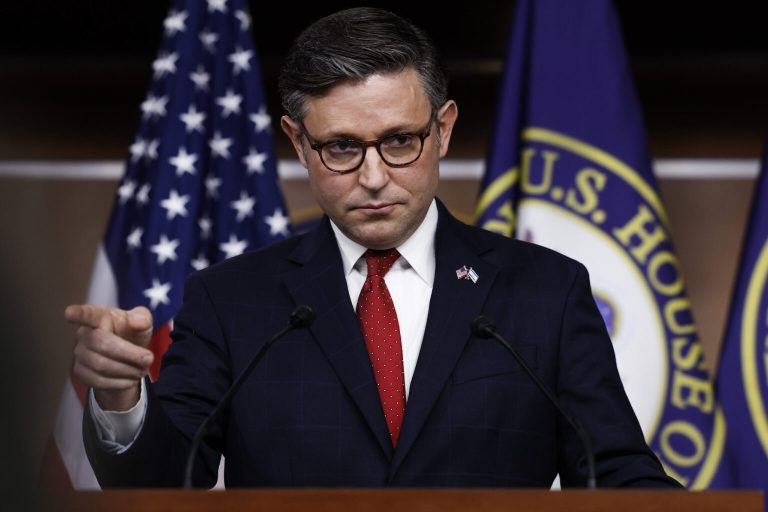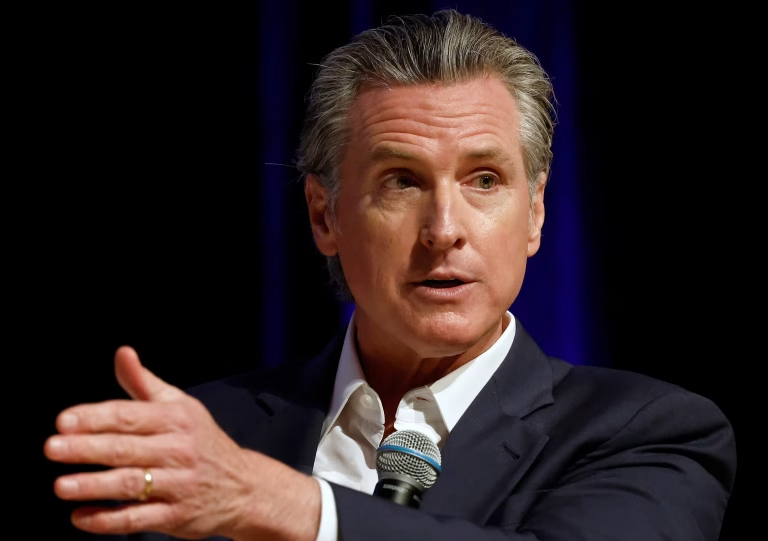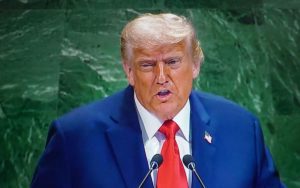The stalemate in Washington over government funding has entered its third week, as Senate Democrats once again blocked a Republican plan to reopen the federal government. Thursday’s vote marked the tenth consecutive rejection of the House-passed short-term funding bill, underscoring the widening partisan divide and leaving thousands of federal employees facing continued uncertainty.
The impasse has stretched into its 16th day, with neither party showing signs of compromise. After a brief three-day workweek, lawmakers left the Capitol for another long weekend, effectively ensuring that the shutdown will persist into next week.
A Deepening Divide
At the center of the gridlock are competing priorities between Senate Majority Leader John Thune (R-S.D.) and Senate Minority Leader Chuck Schumer (D-N.Y.). Republicans are pressing for passage of a “clean” continuing resolution (CR) that would fund government operations through November 21 without additional policy provisions. Democrats, meanwhile, are insisting that any funding deal must address the expiration of Obamacare subsidy programs, a key sticking point that has stalled negotiations.
Thune has vowed to keep bringing the House-approved bill to the Senate floor until Democrats relent. “We’re willing to have conversations about all the other issues they want to talk about,” Thune said. “But that can’t happen while they are holding the federal government and all these federal employees hostage. Open up the government.”
He added that the shutdown is taking a toll on military personnel, air-traffic controllers, TSA agents, and Border Patrol officers, saying the impact grows worse every day. “Chuck Schumer may think that every day gets better for them politically, but that is not the experience of the American people.”
Democrats Hold Firm
Senator Schumer, for his part, dismissed suggestions that Democrats should accept the GOP plan. “The bottom line is Republicans won’t even negotiate with us,” he said. “I’m not going to negotiate in public. We need to address the crisis that has afflicted the American people.”
Democrats argue that Republicans are using the shutdown to force their agenda through without meaningful debate, while the GOP maintains that Democrats are prolonging the standoff for political advantage.
Behind the scenes, sources say informal discussions between Senate aides have largely stalled, and both sides are now looking to the White House for leadership. But President Donald Trump has so far resisted direct involvement, insisting that Congress must resolve the impasse.
GOP Frustration Grows
Senator Markwayne Mullin (R-Okla.) told reporters that Republicans were not working on a new proposal to address Democratic demands for health-care subsidies. “I don’t think there’s a way to do that,” Mullin said, adding that if an agreement isn’t reached by Christmas, the issue could become a major political flashpoint heading into primary season.
“You could maybe push it to January or February,” he continued, “but then we get bumped up against the primaries. Healthcare becomes a political issue because, unfortunately, healthcare is political.”
Several GOP senators have privately floated the idea of shortening the CR’s expiration date to attract Democratic votes. But such a change would require the House of Representatives, which has been in recess for nearly a month, to reconvene and pass a new version of the bill — a step party leaders have been reluctant to take.
Funding the Military
As part of the broader effort to pressure Democrats, Thune scheduled a procedural vote on a separate defense-spending measure that would fund military salaries and operations. Republicans argue that Democrats should support it, given their calls for a bipartisan funding process earlier this year.
Whether Democrats will back that vote remains unclear. After a private caucus meeting Wednesday, several Democratic senators said they were uncertain what specifics Republicans intended to include and viewed the effort as largely symbolic.
“Until there’s a real conversation about the broader shutdown, these side votes are distractions,” one Democratic aide said.
Familiar Voting Lines
Thursday’s outcome followed a now-familiar pattern. For the tenth straight time, three members of the Democratic caucus — Senators John Fetterman (D-Pa.), Catherine Cortez Masto (D-Nev.), and Angus King (I-Maine) — broke ranks to vote with Republicans in support of reopening the government.
Fetterman, who has occasionally sided with the GOP on fiscal issues, reiterated his view that reopening the government should come first. “Any external matters unrelated to reopening can be addressed after operations in Washington are restored,” he said.
Still, their defections have not been enough to reach the 60-vote threshold needed to advance the measure in the Senate, leaving the chamber deadlocked.
Growing Pressure on Both Sides
The ongoing shutdown is beginning to strain federal agencies and workers. Paychecks have been delayed for tens of thousands of employees, while several government services — from passport processing to small-business loans — are operating at reduced capacity.
Economists warn that if the stalemate continues, it could weigh on consumer confidence and disrupt key sectors of the economy. Federal contractors have also begun furloughing staff, and air-travel delays are rising as TSA and FAA employees call in sick.
Despite the mounting pressure, neither side appears ready to compromise. Republicans insist that Democrats are prioritizing political optics over governance. Democrats counter that the GOP is refusing to negotiate on vital health-care provisions that affect millions of Americans.
The Political Stakes
The prolonged shutdown has become a political test of endurance. Republicans argue that passing a clean CR would provide breathing room for broader budget talks, while Democrats see it as leverage to force the administration to address healthcare and spending caps simultaneously.
“Every day that this goes on, the problems are compounded,” Thune said. “We’re trying to give them a straightforward way to reopen the government, but leadership is choosing to play politics.”
Behind closed doors, aides acknowledge that both sides are wary of appearing weak heading into an election year. Schumer’s allies believe the longer the shutdown lasts, the more pressure Republicans will face from voters and business groups. GOP leaders, meanwhile, are betting that frustration with the stalemate will shift blame toward Democrats.
No End in Sight
As senators departed the Capitol Thursday evening, there were no scheduled meetings to restart negotiations. Congressional leaders said discussions could resume next week, but with both chambers expected to be in limited session, no breakthrough is expected before late October.
In the meantime, essential federal operations continue under contingency plans. The White House has maintained that critical services such as national security, law enforcement, and air-traffic control remain unaffected, though agency heads warn that extended shutdowns make it increasingly difficult to retain personnel and manage operations.
For millions of Americans, the shutdown’s effects are becoming personal. Federal workers are facing financial hardship, families are seeing service delays, and small businesses that depend on government contracts are struggling to stay afloat.
Until Congress finds a path forward, the government remains at a standstill — and the political temperature in Washington continues to rise.

James Jenkins is a celebrated Pulitzer Prize-winning author whose work has reshaped the way readers think about social justice and human rights in America. Raised in Atlanta, Georgia, James grew up in a community that instilled in him both resilience and a strong sense of responsibility toward others. After studying political science and creative writing at Howard University, he worked as a journalist covering civil rights issues before dedicating himself fully to fiction. His novels are known for their sharp, empathetic portraits of marginalized communities and for weaving personal stories with broader political realities. Jenkins’s breakout novel, Shadows of Freedom, won national acclaim for its unflinching look at systemic inequality, while his more recent works explore themes of identity, resilience, and the fight for dignity in the face of oppression. Beyond his novels, James is an active public speaker, lecturing at universities and participating in nonprofit initiatives that support literacy and community empowerment. He believes that storytelling is a way to preserve history and inspire change. When not writing, James enjoys jazz music, mentoring young writers, and traveling with his family to explore cultures and stories around the world.
